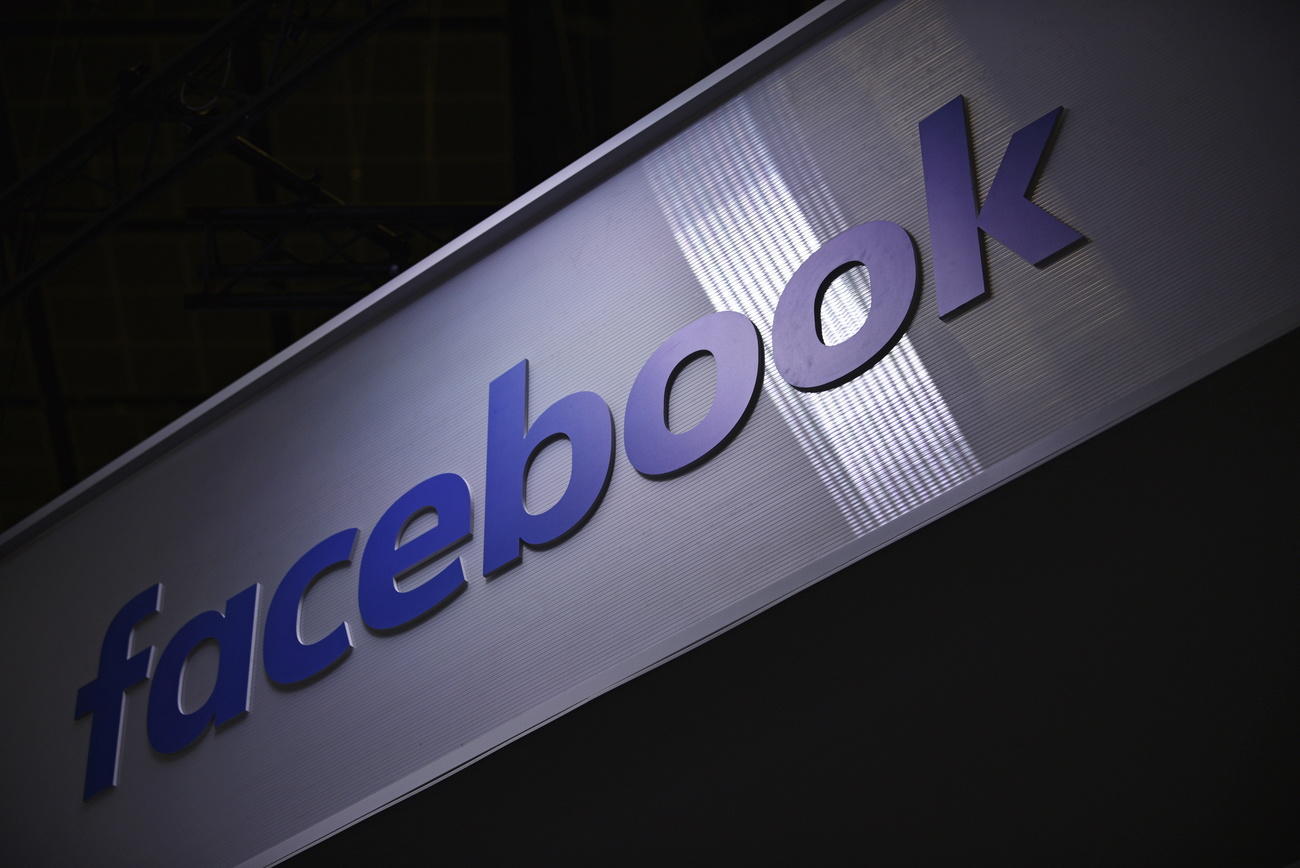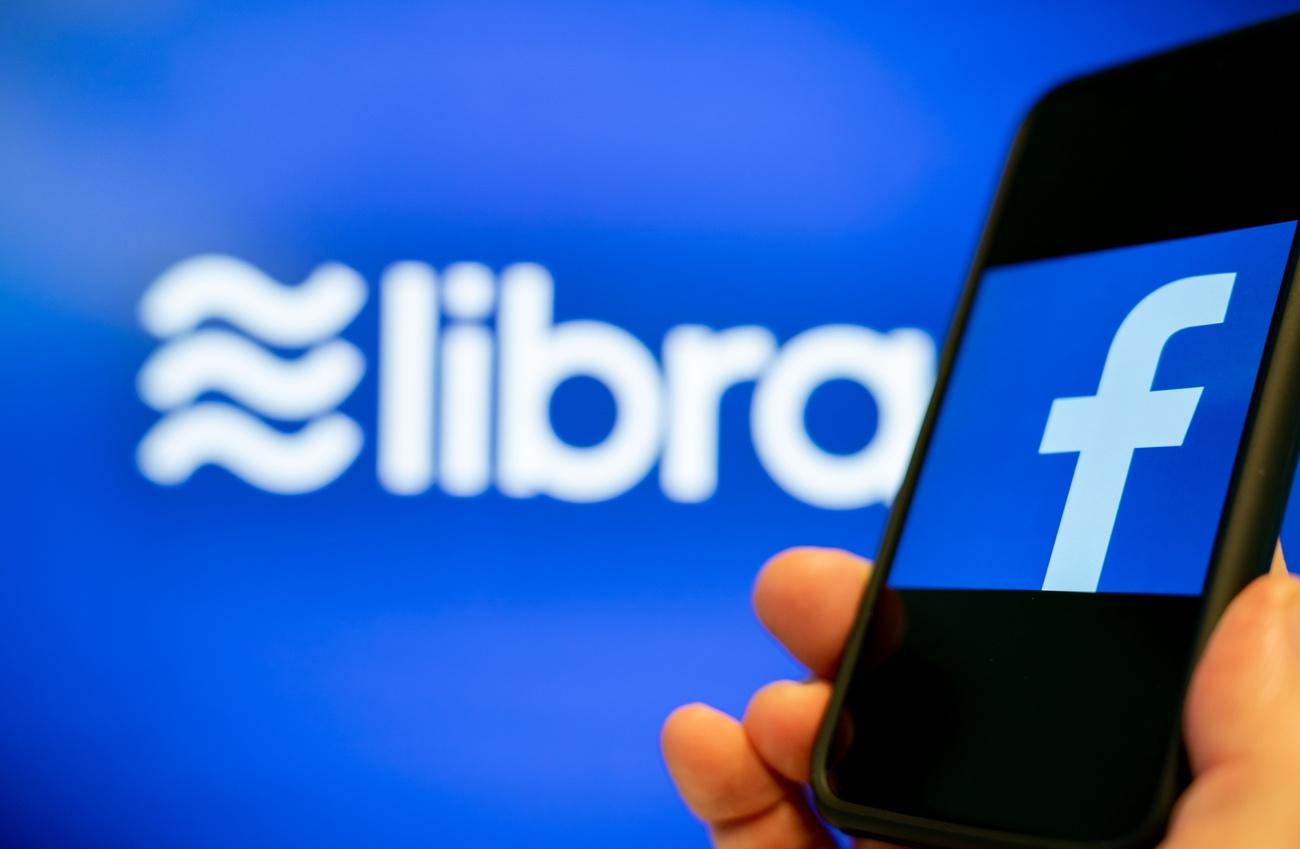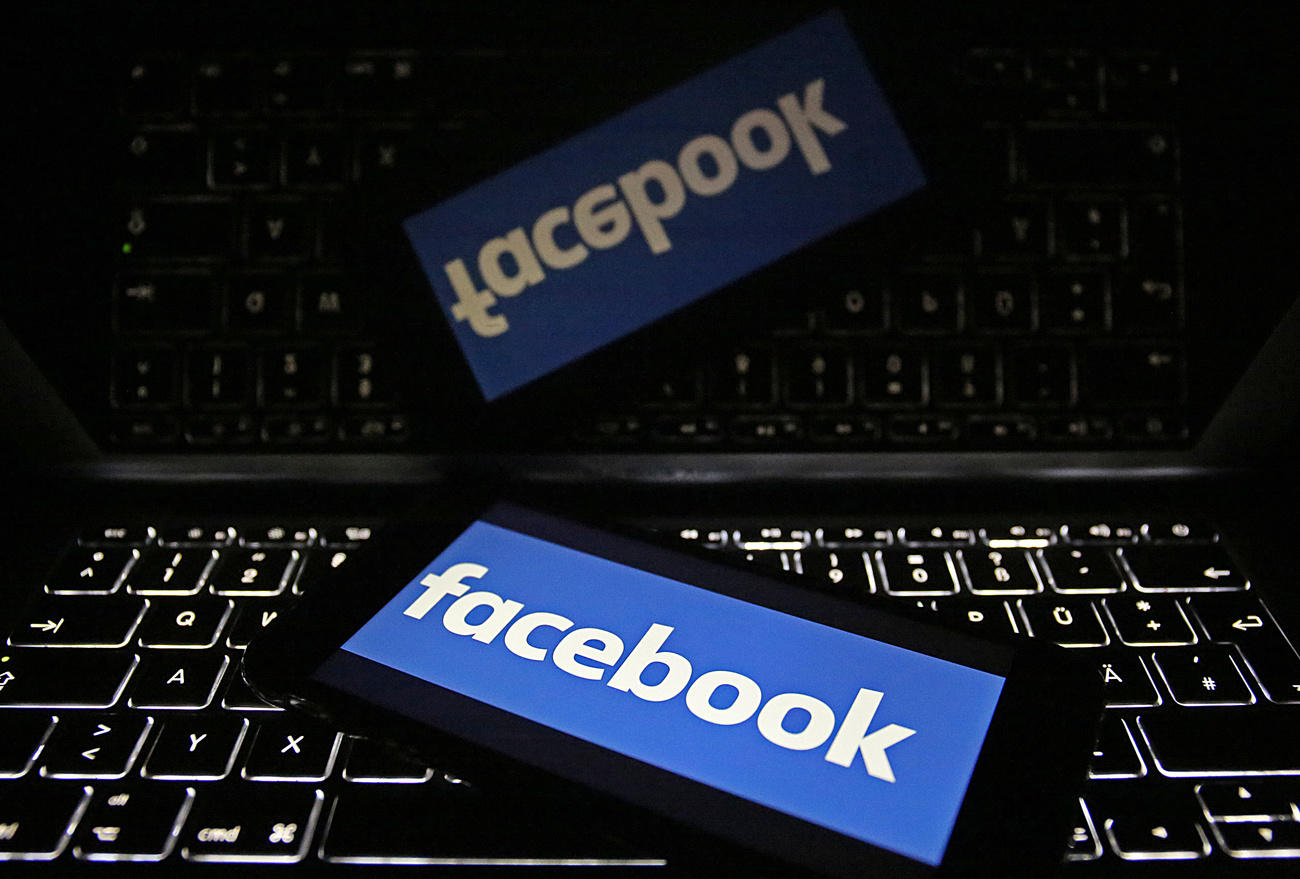Facebook’s Libra and the scourge of hot money

Facebook’s proposed cryptocurrency, Libra, would make it a lot easier for hot money to move around the world. Speculators are always looking for the next big thing.
One of the most painful side effects of the past 10 years of unconventional monetary policy has been the tendency of investors looking for yield in a low-rate world to pile into the latest bubble — whether it’s emerging markets, commodities or junk bonds. That’s why countries such as Brazil and Thailand, for example, have sometimes resorted to capital controls to stabilise their financial systems, a move that even the IMF now sees as legitimate.

Facebook wants to do just the opposite – to grease the wheels of global capital flows with a digital coin that operates outside the existing central bank system. Its stated aim is to facilitate the “global, open, instant” movement of money across borders with a privately managedExternal link cryptocurrency headquartered in Switzerland that will somehow engender worldwide financial “trust” and “inclusion”.

More
Why did Facebook’s crypto project choose Geneva?
Really needed?
Let’s put aside, for the moment, the assorted oxymorons in Facebook’s statement, as well as the technical and regulatory hurdles that it has yet to jump through in order to get Libra off the ground. (It is worth noting, too, that Facebook was recently hit with a $5 billion [CHF5 billion] privacy violation fine by the US Federal Trade Commission.) A more basic question is whether easier cross-border financial flows are what the world really needs right now.
Facebook is positioning Libra as the crypto version of community lending, something that is going to help people around the world pay for a variety of things more easily in the real economy (coffee, clothes, bills for gig work and so on). It’s actually more likely to exacerbate the existing problems within the financial system – meaning the disconnect between finance and the real economy.
As Peking University professor Michael Pettis recently wrote, in a blog External linkdiscussing whether Libra might facilitate more cross-border speculation: “Savings will flow to where [they are] able to flow, or to where penalties are lower, not to where it is most productive.” That’s certainly true. There’s a strong body of academic research done in recent years that shows that the function of the financial system in many advanced economies is no longer to funnel money to new and productive investments, but to engage in the buying and selling of existing assets via complex securitisation.
Professor Pettis notes that it has been a long time since we lived in a world in which the main driver of cross-border payments was the current account needs of individuals or even companies. Rather, excess global savings, looking for the best return they can find wherever they can find it, drive these flows. “There is no reason,” he writes, “to assume that this dynamic won’t be exacerbated by the use of Libra.”
Ramifications
A number of experts, including Nobel laureate Joseph Stiglitz and banking consultant Bert Ely, have already raised concerns about the ways in which Libra could be used to facilitate money laundering, crime and tax evasion. But I wonder whether it might have even broader ramifications for financial stability.
Facebook touts the hedging and stability benefits of an instrument “backed by a collection of low-volatility assets, such as bank deposits and short-term government securities in currencies from stable and reputable central banks”.
Some observers have even begun to refer to Libra as a kind of digital “gold”. But it has none of the restrictions that gold puts on the amount of transactions that can occur. In fact, as Professor Pettis points out, far from controlling rising prices, Libra could exacerbate bubbles by making it easier to turn holdings of small, illiquid currencies into holdings of a large and potentially very liquid cryptocurrency — one that can brew up not just local bubbles but global ones too.
Hot money?
The result? A coin that is perfectly positioned to become a vehicle for hot money going in and out of whichever market is the flavour of the month (or the millisecond). It’s easy to imagine a world in which the Libra is used less for trying to buy a coffee in Spain without a currency exchange fee, and more as part of the search for yield at the very end of an economic cycle, via capital accounts that are completely free of any sort of protective barrier. And you won’t need $500,000 to take part in such speculation, but just $500, or even $5.
The libertarians who dreamt up Libra see it as a decentralised force for good in a world in which large, centralised institutions have failed. But that “move fast and break things” attitude is, of course, one of the reasons that Facebook is having the problems it is.
Meanwhile, one of the key issues of globalisation has been that capital was able to move more freely than goods or people. I fear that Libra, at least as it is currently conceived, would exacerbate that problem, and make it tougher for central banks to ensure financial stability at crucial moments.
It could well be that right now the world needs less capital mobility, not more. Libra threatens to take us in the wrong direction, at exactly the wrong time.
The views expressed in this article are solely those of the author, and do not necessarily reflect the views of swissinfo.ch.
Copyright The Financial Times Limited 2019

More
Swiss data commissioner checks up on Libra cryptocurrency

In compliance with the JTI standards
More: SWI swissinfo.ch certified by the Journalism Trust Initiative














You can find an overview of ongoing debates with our journalists here . Please join us!
If you want to start a conversation about a topic raised in this article or want to report factual errors, email us at english@swissinfo.ch.